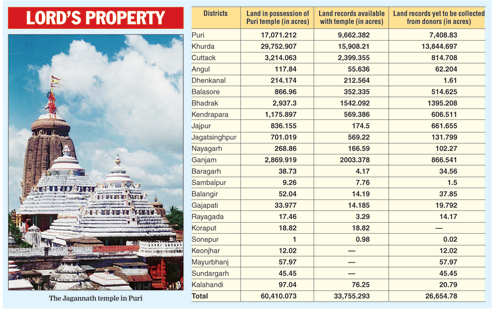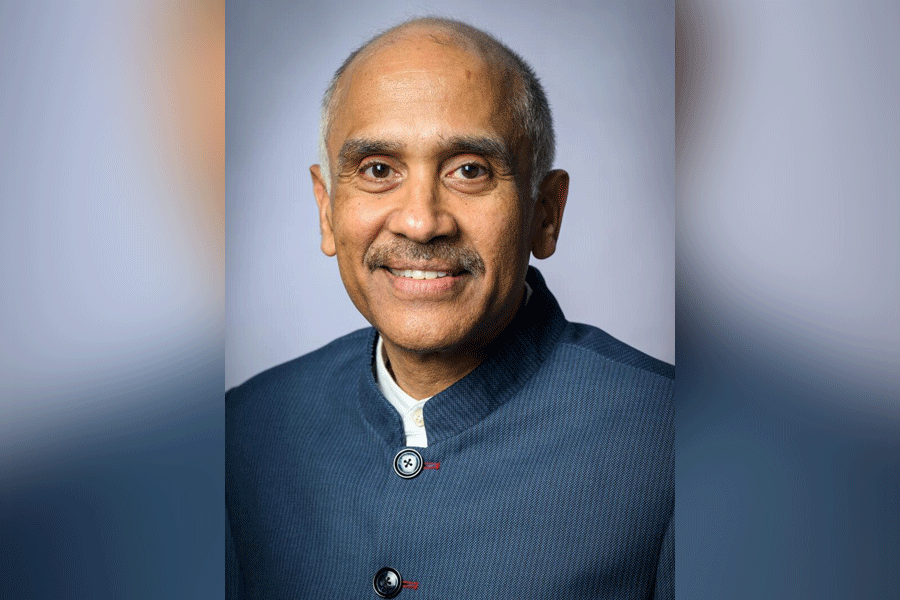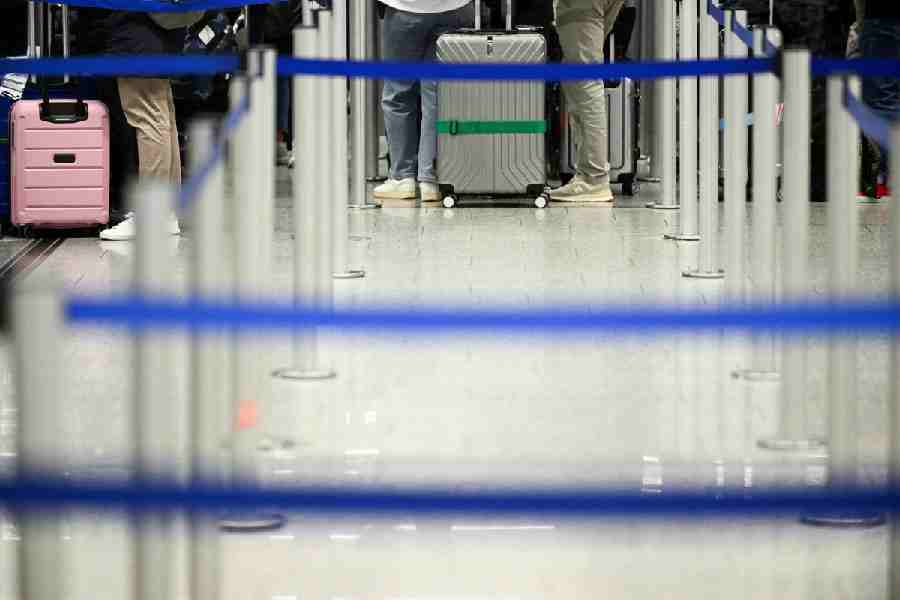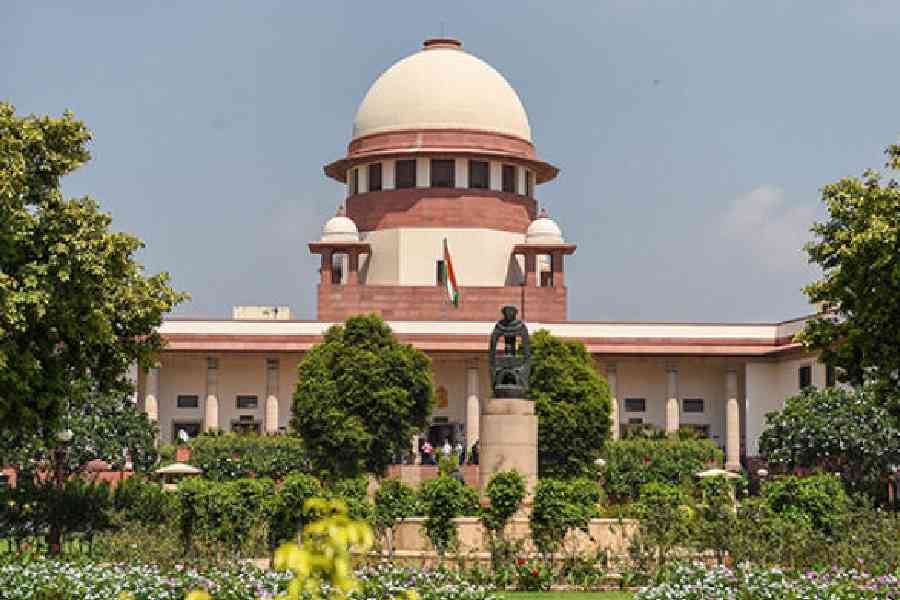Bhubaneswar, July 31: The demand for anti-rabies vaccine (ARV) at Capital Hospital here has risen four times in the past two years with the city's stray dog population more than doubling in a year allegedly due to the civic body's lack of sterilisation initiatives.
The anti-rabies vaccine is injected into a person bitten by stray dogs to avoid infection caused by the deadly rabies virus. Data obtained by The Telegraph from Capital Hospital revealed that it was now receiving nearly 1,200 dog bite cases every month as compared to only around 300 such cases a month in 2014. Last year, the count at the hospital stood at around 600 cases a month.
"Our health officials are vaccinating between 40 and 50 dog-bite victims every day in a special ward. The service starts every day from 8am and continues till 12noon. The number of dog-bite victims has shown an alarming increase over the past three years. We are now procuring more anti-rabies vaccines than ever following a spike in demand," said Capital Hospital superintendent Binod Mishra.
Ironically, Capital Hospital is the only government facility in Bhubaneswar that offers treatment to dog-bite victims.
Public health and veterinary experts blame the Bhubaneswar Municipal Corporation's lackadaisical attitude in controlling stray dog pollution for the menace.
"The city's stray dog population has risen alarmingly. It is no wonder that dog bite cases are also on the rise. According to data available with the animal husbandry and veterinary services directorate, there were around 20,000 stray dogs in Bhubaneswar in 2015. But now, their population has crossed 42,000," said Amulya Nayak, convener of People for Animals, an organisation that helps the civic body in the animal birth control programmes.
A government veterinary expert, who did not want to be named, said that the stray dog population of the city would touch that of its human population by 2020 if the civic body did not pull up its socks.
The ambulatory van of the animal husbandry and veterinary services directorate, which was inaugurated by agriculture minister Pradeep Maharathy in 2014 to catch stray dogs and sterilise them on spot, has been lying idle since last year allegedly as the directorate does not have any staff to run the on-spot sterilisation service.
"Walking on the streets of Bhubaneswar is getting tougher with every passing day due to the street dog menace. They often confront and block our ways, chase our cars, bite us and also cause serious traffic accidents. A stray dog bit me a few days ago when I was on my way home at night. I took the anti-rabies vaccine immediately," said Rasulgarh resident Tutu Baliyarsingh.
He said motorcyclists were the worst victims of the chasing game of the street dogs.
The civic body and the Saheed Nagar Veterinary Hospital are jointly conducting about 300 sterilisation operations every month. But this is in no way sufficient to control the rapidly rising population of stray dogs.
"Right now, there are around 19,200 female stray dogs in Bhubaneswar who are yet to be sterilised," said Nayak, adding that this population could grow up to one lakh by the end of this year as dogs usually mate twice a year.
"The stray dog population will reach one lakh by the end of this year. There is an urgent need for mass sterilisation of these dogs. Else, controlling their population will very become an impossible task before long," he said.
Additional civic commissioner Alok Kumar Kar, who is in charge of the Bhubaneswar Municipal Corporation's animal birth control programme, said they were in talks with various voluntary organisations to launch a mass sterilisation drive for stray dogs.
"We are conducting around 300 operations every month now and are planning to increase the number shortly in collaboration with voluntary organisations," said Kar.












